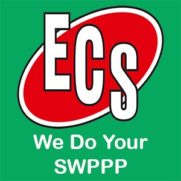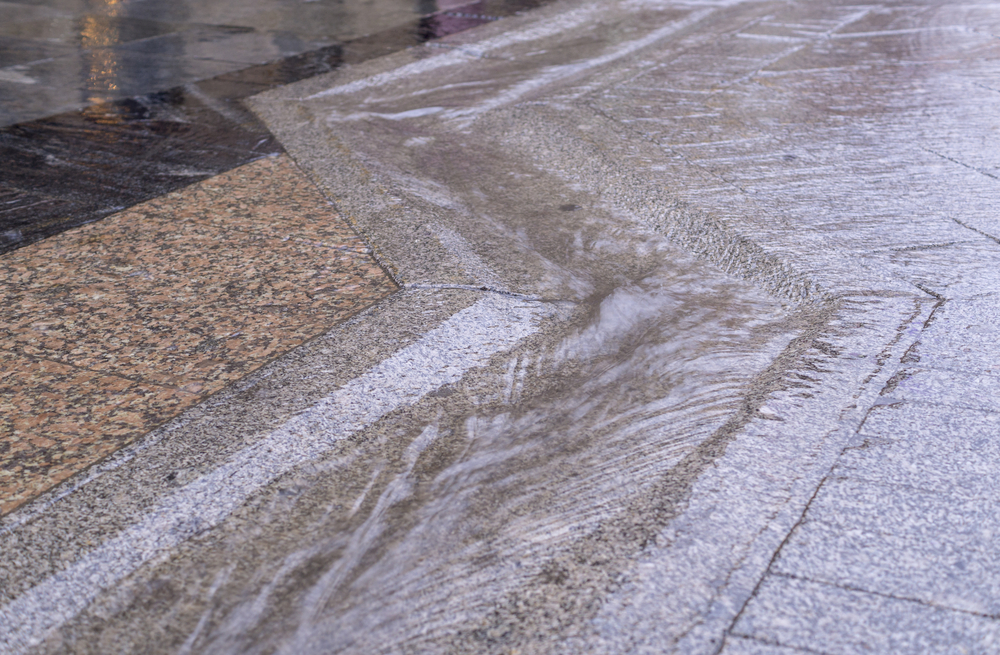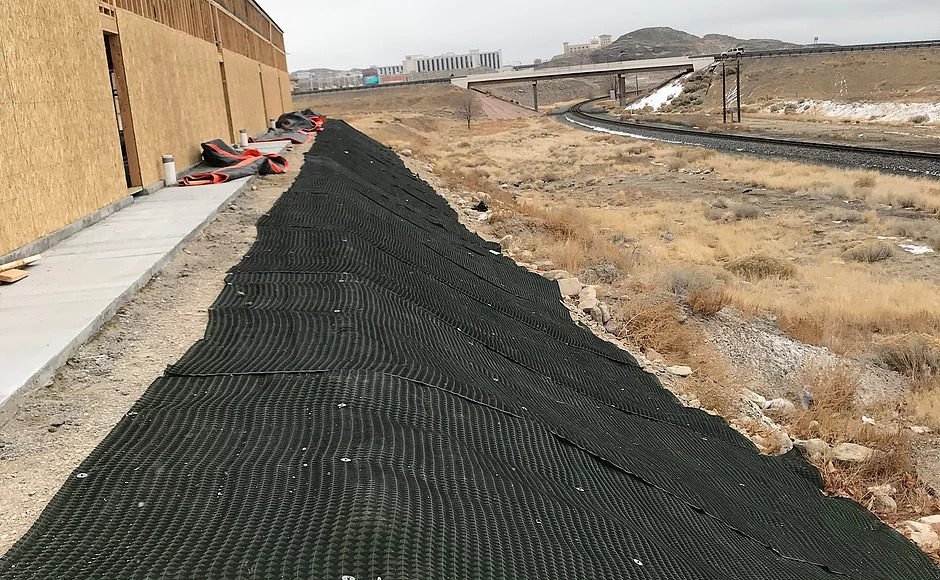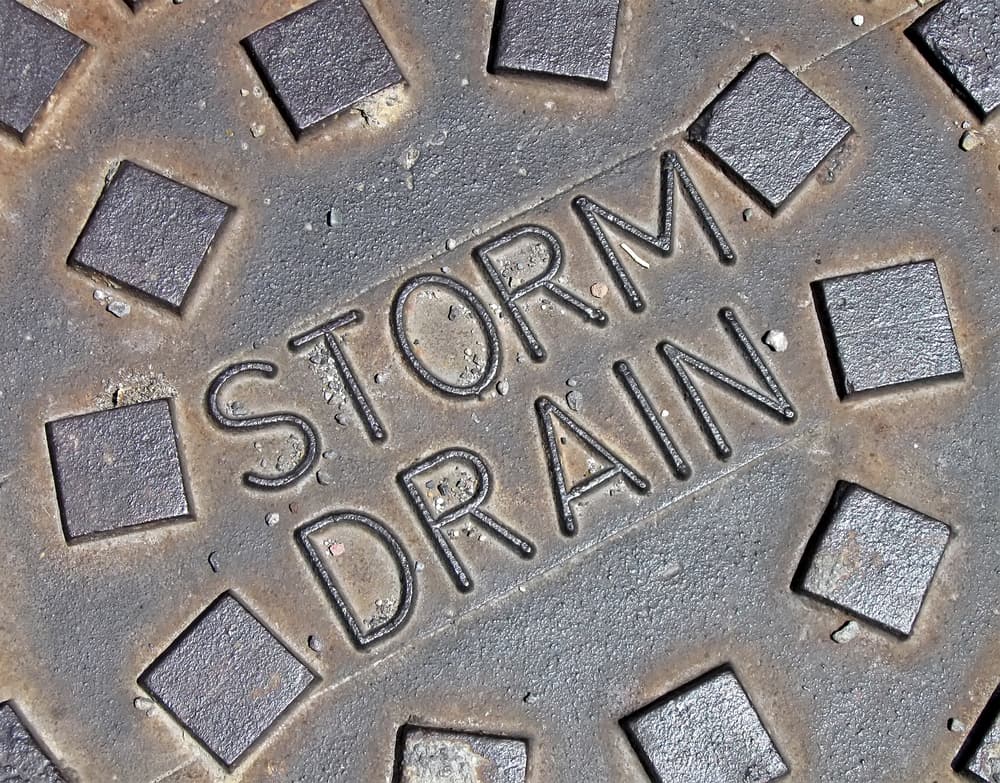When most people think of street cleaning, they picture a sweeper truck keeping curbs free of dirt and debris. But regular road sweeping does far more than improve appearances. It plays a critical role in protecting the environment, preserving infrastructure, and supporting stormwater compliance.
Urban surfaces collect everything from trash and oil to sediment and heavy metals. Those pollutants don’t stay put without regular maintenance. They end up in storm drains, waterways, and even the air we breathe.
That’s where professional sweeper services come in. They remove harmful buildup before it causes damage, ensuring cleaner streets and cleaner outcomes.
In this blog, we’ll discuss the environmental benefits of street cleaning — from water quality and air health to flood prevention and sustainability goals — and explain why it should be a core part of any site or city maintenance plan.
What is street cleaning?
Using high-efficiency equipment, sweeper services clear streets and job sites of built-up pollutants before they become compliance problems. It’s one of the most effective ways to reduce runoff pollution, support your SWPPP, and help keep local infrastructure running smoothly.
Whether you’re maintaining a city block or prepping for an inspection, regular street cleaning is a simple but powerful way to stay ahead of erosion, flooding, and environmental fines.
How street sweeping protects water quality
When streets and paved surfaces go unswept, everything on them — oil, trash, sediment, brake dust, fertilizers, even cigarette butts — ends up in storm drains.
From there, those pollutants flow straight into local waterways without treatment. That’s why street cleaning isn’t simply cosmetic. It’s one of the first lines of defense against stormwater pollution.
Regular road sweeping removes these pollutants before they can wash into creeks, rivers, or lakes during a rainstorm. It also prevents heavy debris and sediment from clogging inlets or damaging downstream infrastructure.
For contractors, developers, and municipalities, sweeper services help meet permit requirements and reduce pollutant loads under SWPPP and MS4 programs. It’s a simple, low-disruption way to actively protect water quality and avoid costly environmental violations.
Clean streets mean cleaner water — which starts with sweeping what you can see before it becomes a problem you can’t see.
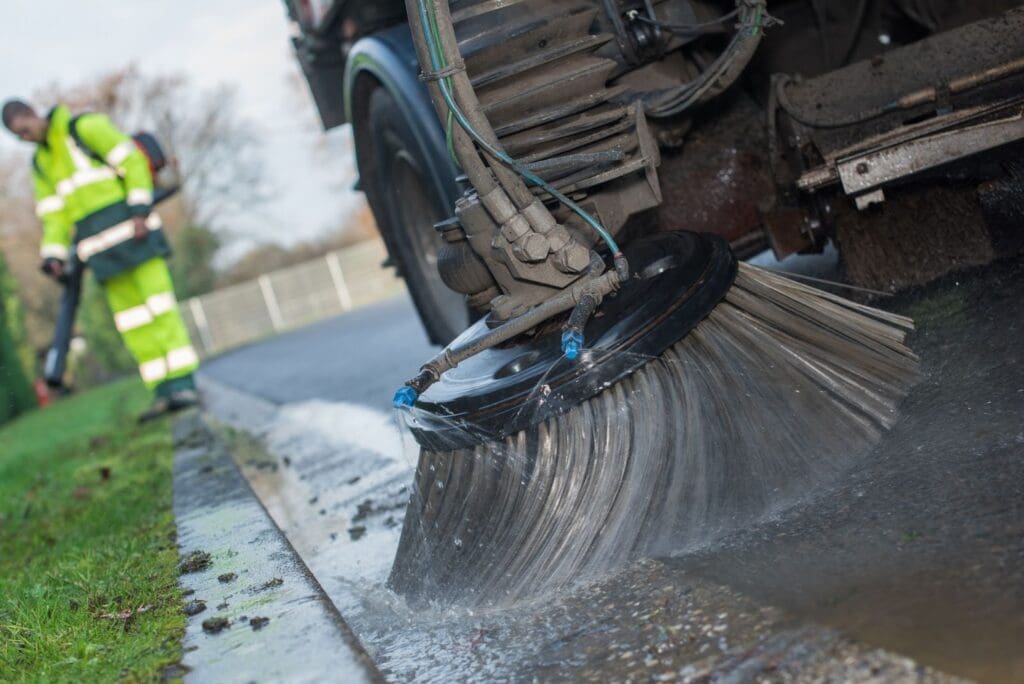
Role in stormwater compliance and SWPPP support
Street cleaning plays a key role in helping contractors and municipalities comply with stormwater regulations. Under SWPPP and MS4 permits, you’re required to minimize pollutants in runoff, including everything that builds up on roads, staging areas, and access points.
Routine road sweeping removes sediment, trash, oil, and fine particles before they’re carried into storm drains during a storm. It’s often listed as a Best Management Practice (BMP) in stormwater permits and is especially valuable in high-traffic areas or sites with exposed pavement.
In addition to keeping pollutants out of the water system, sweeper services help demonstrate active site management. Clean streets support inspection readiness, reduce non-compliance risk, and make documenting your stormwater control efforts easier.
It’s one of the simplest ways to back up your SWPPP with visible, measurable action — and inspectors notice.
Reducing airborne dust and improving air quality
While street surfaces collect trash and oil, they also collect fine dust, dirt, and debris that can become airborne with the next breeze or passing vehicle. That dust doesn’t stay local. Instead, it spreads, settling in nearby neighborhoods and contributing to poor air quality over time.
Regular street cleaning helps prevent that. By removing fine particles before they get kicked up into the air, road sweeping directly cuts down on particulate matter (PM10 and PM2.5) — the tiny particles linked to respiratory problems and other health concerns.
This is especially important near construction sites, industrial areas, and high-traffic zones where dust builds up quickly. Using scheduled sweeper services reduces dust complaints, improves working conditions for crews, and supports broader clean air efforts at the local and state levels.
Cleaner streets protect water and your lungs.
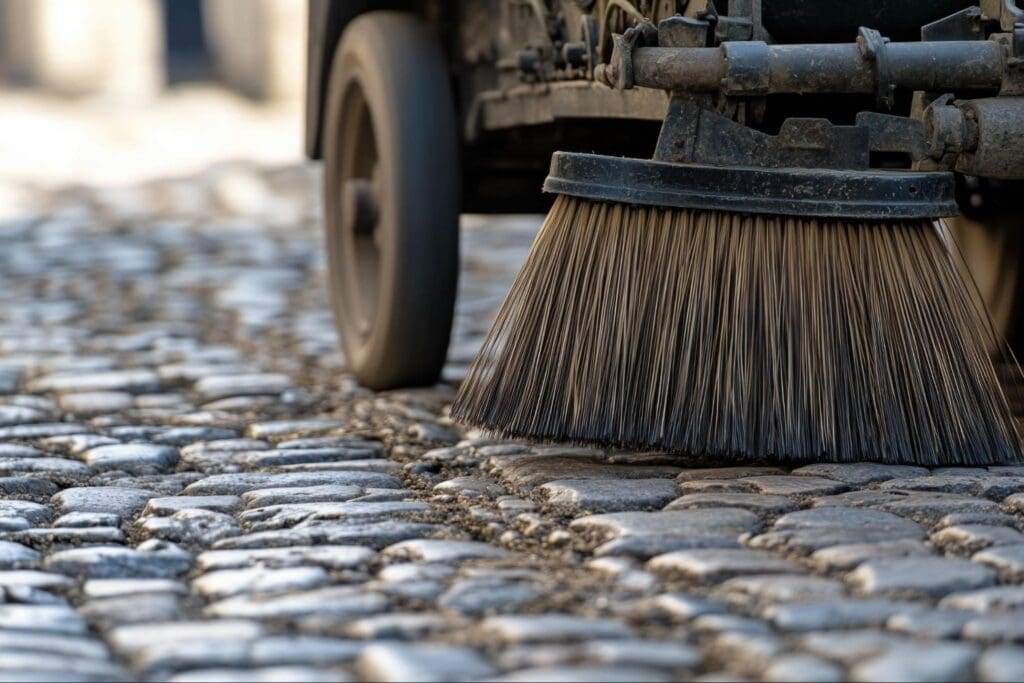
Preventing infrastructure damage and urban flooding
When streets go unswept, debris builds up — leaves, sediment, trash, even construction materials. During a storm, all of that washes into storm drains and curb inlets.
If those drains are clogged, water backs up fast. That’s when you see flooded intersections, ponding in parking lots, and unexpected damage to roads and nearby properties.
Regular street cleaning prevents this. By removing debris before it reaches the storm drain, road sweeping keeps your drainage system clear and functioning properly. It also reduces wear and tear on underground infrastructure by limiting the amount of sediment and grit that is pulled into the pipes.
For cities, contractors, and property managers, reliable sweeper services mean fewer emergency maintenance calls, less erosion around inlets, and lower long-term repair costs. It’s a proactive way to protect your budget and infrastructure, especially during storm season.
Supporting urban sustainability goals
Street cleaning directly supports urban sustainability by reducing pollution, protecting local waterways, improving air quality, and preserving infrastructure.
In many communities, road sweeping is part of broader green infrastructure efforts. It helps meet stormwater permit goals, supports Low Impact Development (LID), and contributes to cleaner public spaces. Regular sweeper services also align with LEED standards, environmental certifications, and city-wide clean air or watershed protection plans.
Clean streets signal that a city or job site is well-managed and environmentally responsible. Whether you’re a developer, contractor, or municipal planner, routine street cleaning is a simple, measurable way to show your commitment to long-term environmental health, and your community will notice.
Building public trust
Beyond compliance, regular street cleaning helps build public trust. Clean, well-maintained streets show that your site or city takes environmental responsibility seriously. It’s a visible, everyday action that supports long-term sustainability — benefiting your project, your community, and the ecosystems around you. It’s a small effort with a big environmental return.
Keep your streets clean and compliant with Erosion Control Services
Street cleaning is a smart, effective way to protect local waterways, improve air quality, and stay ahead of stormwater regulations. Whether you’re managing a construction site, a city block, or a commercial property, regular sweeper services make a measurable impact.
At Erosion Control Services, we provide reliable road sweeping solutions tailored to your schedule, site needs, and compliance goals. From one-time cleanups to ongoing maintenance, we’ll help you stay clean, safe, and environmentally responsible.
Get in touch today to schedule professional street cleaning that keeps your site on track and your runoff under control.
